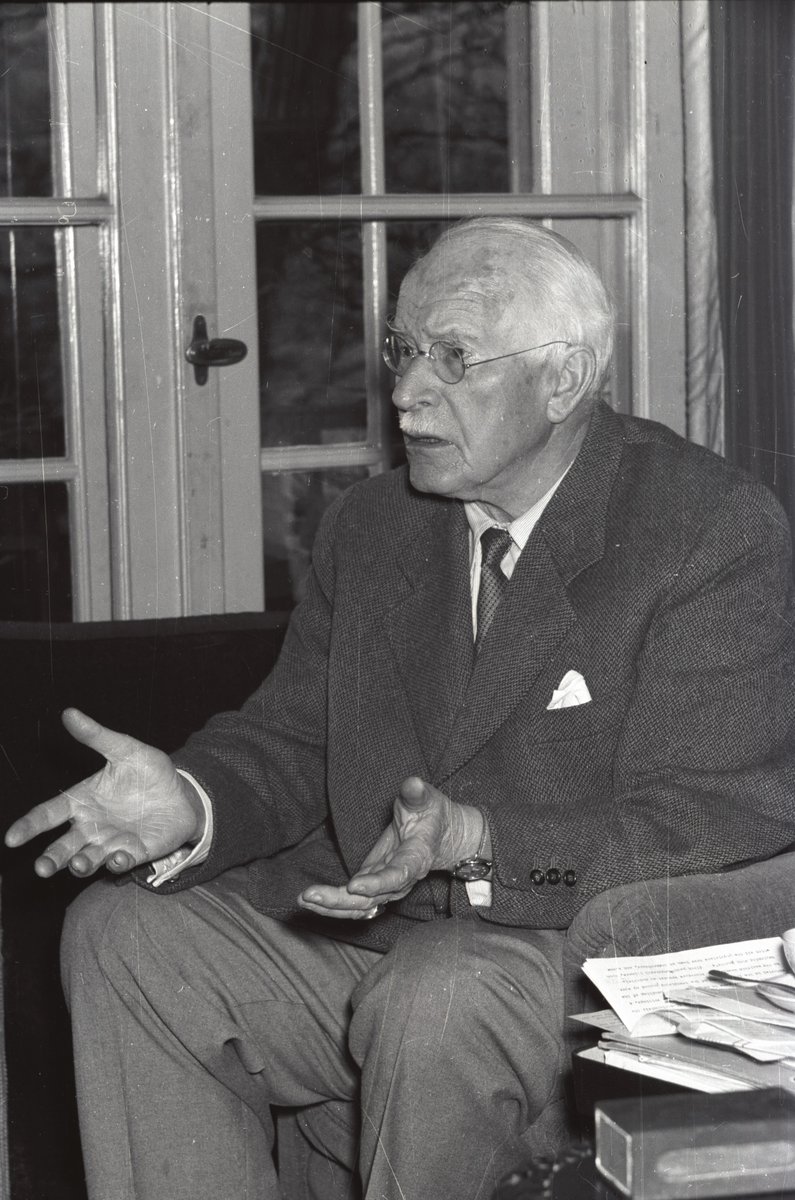Benjamin Franklin invented a lot.
But one invention was used by the greatest composers of the 18th century…
Mozart, Beethoven, and Strauss all composed music for his instrument.
Franklin's invention:
The Armonica (yes, that’s spelled right)
1/ https://t.co/hINkT5gy5atwitter.com/i/web/status/1…

But one invention was used by the greatest composers of the 18th century…
Mozart, Beethoven, and Strauss all composed music for his instrument.
Franklin's invention:
The Armonica (yes, that’s spelled right)
1/ https://t.co/hINkT5gy5atwitter.com/i/web/status/1…

Around the middle of the 1700s, Franklin was spending a lot of time in both London and Paris.
He had been serving as a delegate for colonial America.
While over there, he witnessed a lot of cool things…
He had been serving as a delegate for colonial America.
While over there, he witnessed a lot of cool things…

One of the interesting things that was quite popular in both places was for musicians to perform on sets of "singing" or musical glasses.
Franklin, being who he was, immediately set out experimenting and tinkering.
Soon he had a working model of a brand new musical instrument.
Franklin, being who he was, immediately set out experimenting and tinkering.
Soon he had a working model of a brand new musical instrument.

He had been quite moved by the beautiful music the glasses could create.
In 1761, Ben Franklin finished the creation of his glass armonica, a name which stems from the Italian term signifying harmony.
In 1761, Ben Franklin finished the creation of his glass armonica, a name which stems from the Italian term signifying harmony.

Franklin worked with a London glassblower to create his instrument.
It consisted of several dozen different sized glass bowls, each crafted to produce a specific pitch based on their dimensions.
The bowls were color-coded according to their corresponding musical notes.
It consisted of several dozen different sized glass bowls, each crafted to produce a specific pitch based on their dimensions.
The bowls were color-coded according to their corresponding musical notes.

Each bowl had a central hole, through which an iron rod was inserted.
This rod was connected to a wheel powered by a foot pedal.
The ethereal music was produced when the rims of the spinning bowls were touched by dampened fingers (dampened by water).
This rod was connected to a wheel powered by a foot pedal.
The ethereal music was produced when the rims of the spinning bowls were touched by dampened fingers (dampened by water).

The instrument was a hit.
Franklin carried his cherished armonica during his journeys, delighting his audiences with either popular Scottish melodies or his own original pieces.
Thousands were made…
Franklin carried his cherished armonica during his journeys, delighting his audiences with either popular Scottish melodies or his own original pieces.
Thousands were made…

As mentioned earlier, many top composers of the day were also composing music specifically for the unique instrument.
It seemed like the instrument had found a place in the music instrument hall of fame.
But by the 1820s, the popularity had faded and it was basically forgotten.
It seemed like the instrument had found a place in the music instrument hall of fame.
But by the 1820s, the popularity had faded and it was basically forgotten.

Strangely, there was controversy surrounding the instrument:
-Some claimed it caused dizziness, muscle spasms, nervousness
-People thought it channeled bad spirits
-It got banned because a child died during a performace
-And folks even thought it drove people to madness
-Some claimed it caused dizziness, muscle spasms, nervousness
-People thought it channeled bad spirits
-It got banned because a child died during a performace
-And folks even thought it drove people to madness

There may have been some truth to the health concerns.
Some claimed they were becoming ill due to the lead painted bowls.
Which would make sense, as we would see with time.
Some claimed they were becoming ill due to the lead painted bowls.
Which would make sense, as we would see with time.

But Franklin largely ignored all claims and played it till the day he died.
He didn’t recieve any money from this invention.
In fact, he refused to patent any of his inventions.
He didn’t recieve any money from this invention.
In fact, he refused to patent any of his inventions.

Franklin’s reason for not patenting anything:
“As we enjoy great Advantages from the Inventions of others we should be glad of an Opportunity to serve others by any Invention of ours, and this we should do freely and generously."
“As we enjoy great Advantages from the Inventions of others we should be glad of an Opportunity to serve others by any Invention of ours, and this we should do freely and generously."

It’s time to revive this instrument!
I found this to be an interesting anecdote about Franklin.
Here’s how you can apply this story to your own life:
I found this to be an interesting anecdote about Franklin.
Here’s how you can apply this story to your own life:

USEFUL KNOWLEDGE:
-Consider doing some things without the goal of monetization.
Yes, money matters and a lot. Frankly, I think everyone should work to make a significant sum so they can better take care of themselves and others, but sometimes things should be done just because… https://t.co/NrjB1MAgm1twitter.com/i/web/status/1…

-Consider doing some things without the goal of monetization.
Yes, money matters and a lot. Frankly, I think everyone should work to make a significant sum so they can better take care of themselves and others, but sometimes things should be done just because… https://t.co/NrjB1MAgm1twitter.com/i/web/status/1…

• • •
Missing some Tweet in this thread? You can try to
force a refresh



















